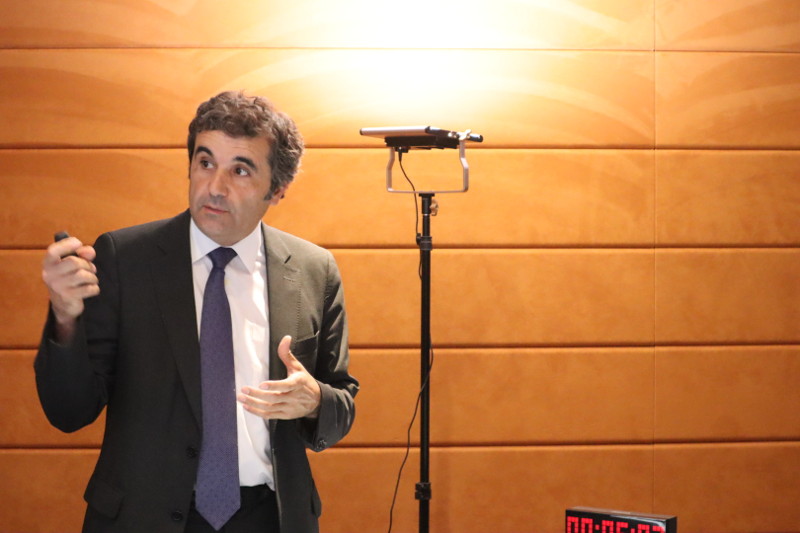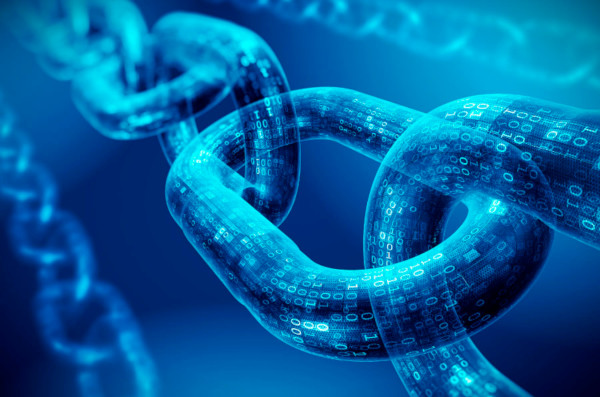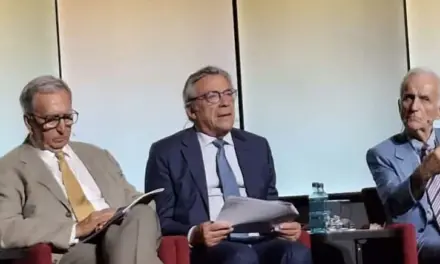
Dr Jordi Martí
Jordi Martí, full academician and member of the Governing Board of the Royal European Academy of Doctors-Barcelona 1914 (RAED), participated in the 4th International Act-European Congress of Interdisciplinary Research of the RAED, held last July in various Mediterranean capitals, with the presentation of the work “La lectura de la información empresarial: de los auditores al Blockchain” (The reading of business information: from the auditors to the Blockchain), in which he reviews the evolution of accounting from its development in medieval times to the present day.
“Accounting was developed much faster than anticipated by the needs of that medieval trade between kingdoms, what would now be international trade. The first accounting models are known as the simple item and for centuries it was the only known way to manage a business. Since the 1350’s, the double item is being implemented, which is still the basis of all business administration systems”, the academic began his presentation.
Marti pointed out how this double item owes its name to the two dishes of the scale. In one the entrances are registered and in another the exits. By common sense there can not be more exits than entries. In these beginnings of accounting, the balance doesn’t depend on any legal norm, but because it’s impossible to invest if previously no financing has been received, the two dishes must weigh the same. Because it’s impossible to pay if it has not been previously charged. Until the system became complex and the first problems arose.
 “Currently, programming systems allow accounting problems to be solved without solution in recent centuries. Today, transactions can be traced with very efficient methods. Auditors see how mechanisms can be automated verification that they were very tedious. The robotization of internal business controls will open a future where the preparation of accounting books have much more planning work than input data”, he said, situating himself already in the present.
“Currently, programming systems allow accounting problems to be solved without solution in recent centuries. Today, transactions can be traced with very efficient methods. Auditors see how mechanisms can be automated verification that they were very tedious. The robotization of internal business controls will open a future where the preparation of accounting books have much more planning work than input data”, he said, situating himself already in the present.
The last step in this unstoppable evolution is the irruption of the Blockchain technology in accounting, a process that allows to guarantee the correction of many commercial transactions. “Traceability and verification will be generated very quickly, but auditors and accountants will discuss the value of these transactions”, concludes the academician, a renowned expert in business valuation and responsible for the area of Accounting in the Department of Enterprise of the University of Barcelona, codirector of the Master in Audit and Accounting, coordinator of the Master in Administrative and Financial Management and director of the Postgraduate Course in Business Valuation. All from the same university center.




